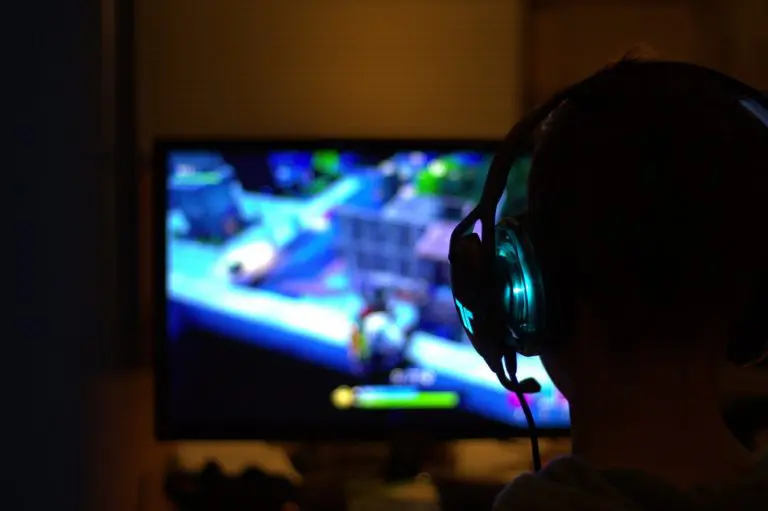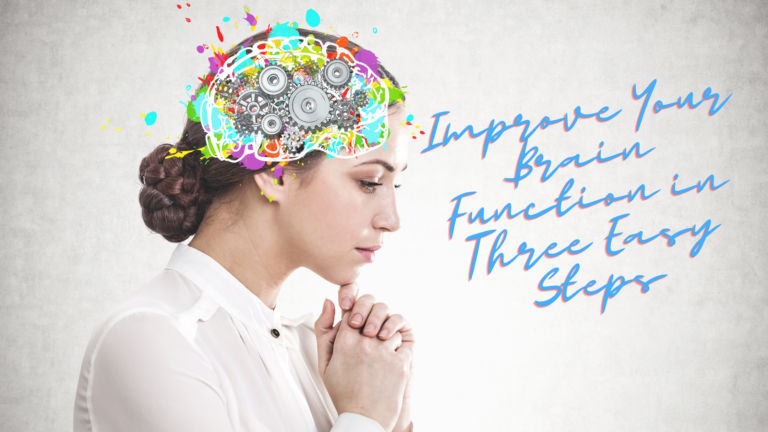Dealing With Anxiety and Depression: Why Therapy Is a Must
Mental health is just as important as physical health. In fact, they are interconnected. When one is not in balance, it affects the other. Just like you would go to the doctor for a physical check-up, you should also see a mental health professional when you feel like something isn’t right. Anxiety and depression are two examples of mental health concerns that millions of people live with on a daily basis and they can have a meaningful effect on your ability to perform basic tasks and feel like yourself. Fortunately, there are plenty of resources that can help, you just need to take the time to look for them. If you want to learn more, keep reading to find out why you need to see a therapist if you’re experiencing anxiety or depression.
Why is therapy a must when dealing with anxiety and depression?

Anxiety and depression are two of the most common mental health issues in the United States. Both anxiety and depression can be debilitating conditions that significantly impact a person’s quality of life. People who suffer from these mental health issues may find it difficult to go about their day-to-day lives, as they may experience intense fear, sadness, or feelings of emptiness. The best thing you can do if this resonates with you is to talk to a qualified and experienced mental health professional, like this therapist in Charlotte. A therapist can provide you with a safe place to discuss your symptoms and provide treatment, which may include lifestyle changes or medication.
Many people who experience anxiety also experience depression and vice versa. There are a number of reasons why these two conditions are so closely linked. For one, both anxiety and depression can be caused by factors such as genetics, stress, and traumatic life events. Additionally, both conditions can lead to similar symptoms, such as feeling sad or hopeless, having trouble sleeping or eating, and feeling tired all the time. What’s more, anxiety and depression can feed off each other in a vicious cycle. This cycle can be difficult to break free from without professional guidance from a trained therapist.
What else can you do to protect your mental health?

Sleep deprivation is a problem that many people face. It can have a serious impact on your mental health. When you’re sleep-deprived, you may experience mood swings, and you’re more likely to develop mental health conditions like anxiety or depression. You may also find it difficult to concentrate, which can lead to problems at work or school. Sleep deprivation can also have a negative effect on your physical health. You’re more likely to get sick when you’re tired, and you may also be at risk for serious health problems like heart disease and obesity. If you’re struggling to fall asleep, talk to your doctor about finding a solution.
Research suggests that exercise can have a positive effect on your mental health. Exercise can boost your mood, increase your energy levels, and allow you to feel more alert and focused. Additionally, exercise can help to reduce stress and anxiety and can even improve your sleep quality. Exercise can be an effective way to manage your mental health and can be a beneficial supplement to other treatments, such as therapy or medication. However, it is critical to note that exercise should not be used as a replacement for traditional mental health treatments. Rather, it should be used as an additional tool.
Therapy is essential when dealing with anxiety and depression. It can provide a person with a supportive and confidential place to discuss their thoughts and feelings, which can be helpful in managing these conditions. Therapists can also provide useful tools and strategies for managing the symptoms associated with anxiety and depression. Your lifestyle choices can also have a meaningful effect on your mental health. You should try to prioritize getting enough sleep at night and staying active as much as possible. Follow the tips in this article, and you’ll be on your way to feeling like yourself again.









